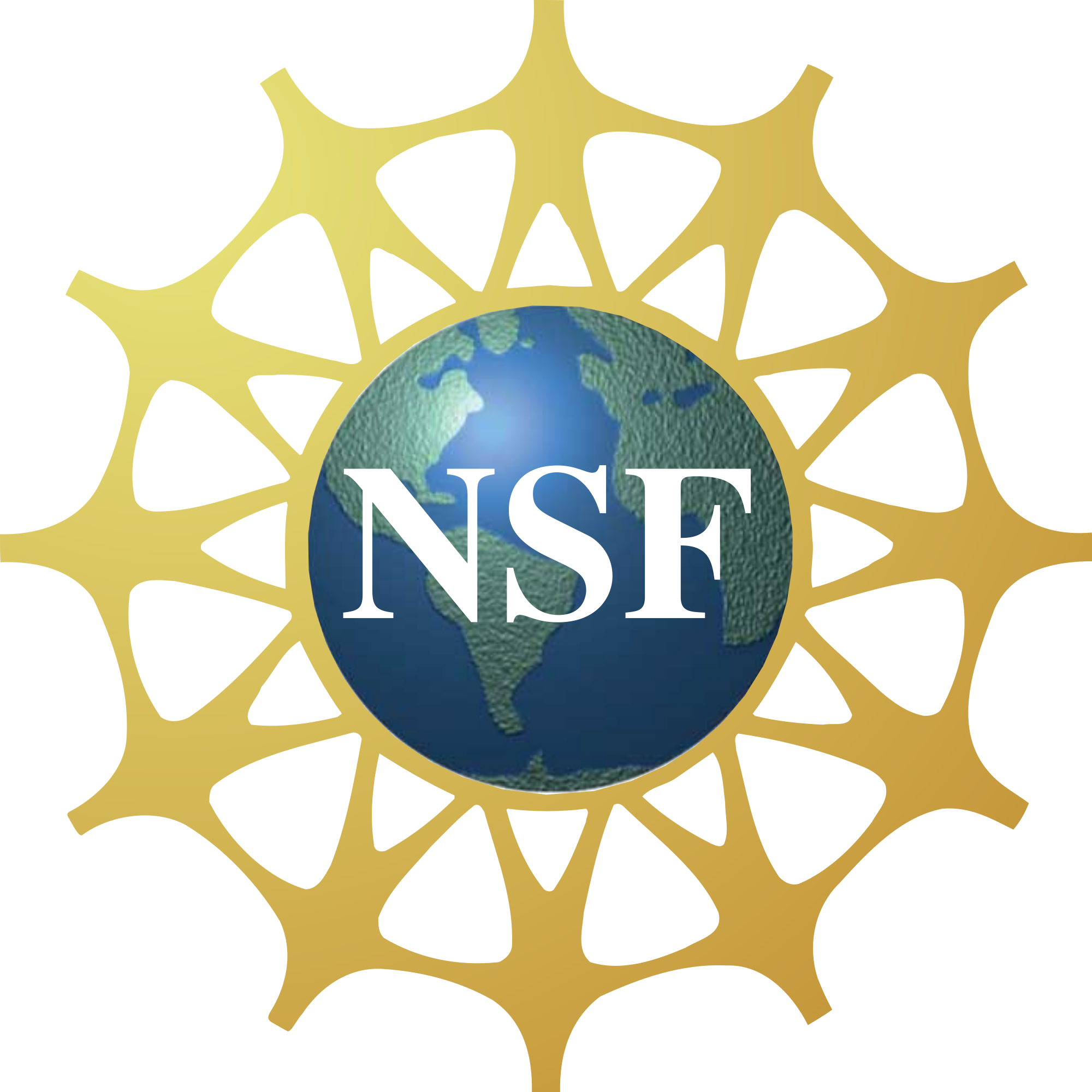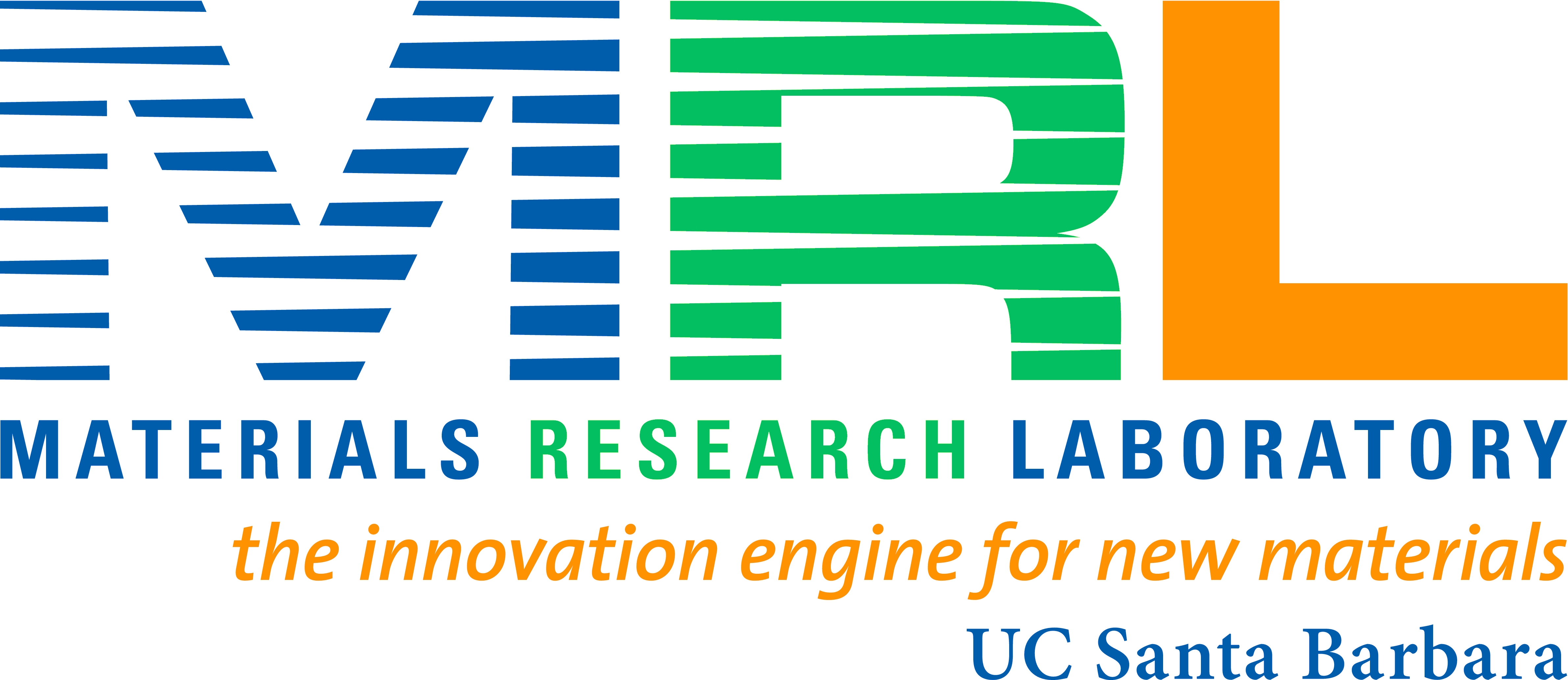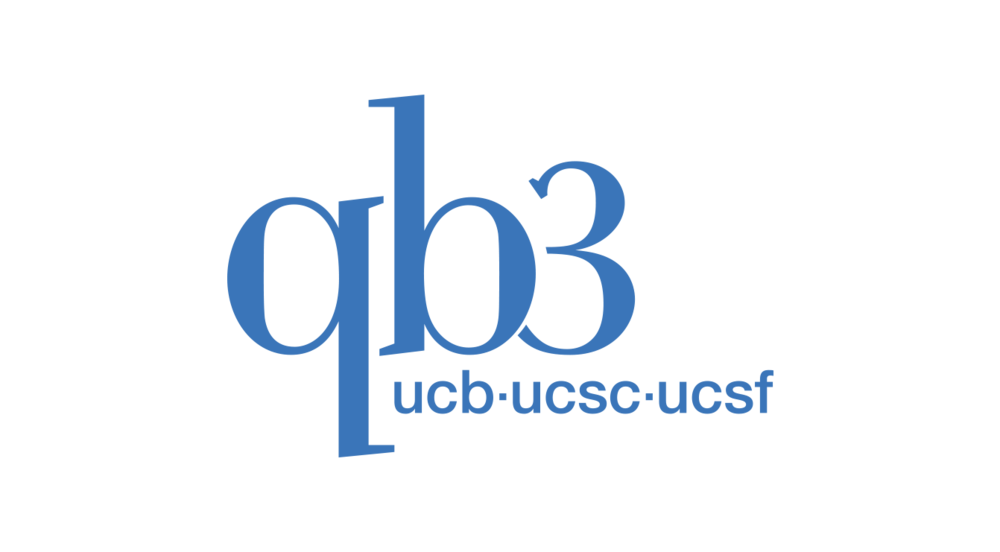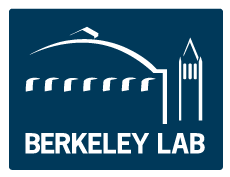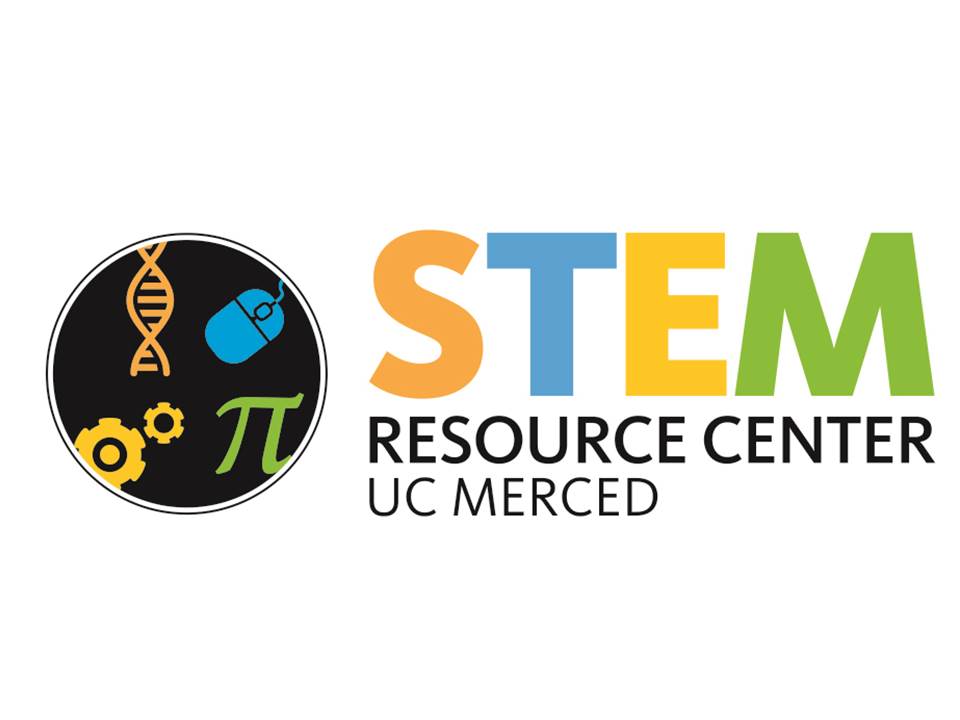February 19, 2019
Spring 2019 | Bioengineering Graduate Seminar Series
Biotechnological Applications of Resurrected Ancestral Proteins
Dr. Jose Manuel Sanchez-Ruiz
University of Granada, Spain
Tuesday, February 19, 2019
Time: 12:00 pm – 1:00 pm
Location: KOLLIGIAN 209
Abstract
Plausible approximations to the sequences of ancestral proteins can be derived from the sequences of their modern descendants using modern bioinformatic analysis. The proteins encoded by these inferred ancestral reconstructed sequences can be prepared in the laboratory and subjected to experimental scrutiny. Besides their use over the last ~25 years as molecular tools to investigate important evolutionary questions, more recent work hints at the biotechnological potential of such “resurrected” ancestral proteins. Ancestral proteins certainly differ from their modern counterparts in terms of sequence. This is particularly the case when “old” phylogenetic nodes are targeted. Indeed, reconstructed sequenced of Precambrian proteins often show large numbers of amino acid differences with their modern descendants. More relevant, however, is the fact that ancestral proteins were adapted to the intra-cellular and extra-cellular environments existing at their time, which likely depart from the environments of modern proteins. As a result, resurrected ancestral proteins could be expected display “unusual” properties. Experimental and computational work has specifically discussed high stability, substrate and catalytic promiscuity, conformational flexibility/diversity and altered patterns of interaction with other sub-cellular components. I will summarize and discuss this recent work, as well as very recent attempts to explore the biotechnological and, more specifically, protein-engineering applications of resurrected ancestral proteins.
Biography
José Manuel Sanchez-Ruiz obtained his Ph.D. in 1983 from the University of Granada (Spain) working on the physicochemical properties of Vitamin B6 compounds. He received the Ph.D. Degree in 1983. He was then awarded a Fulbright Scholarship to carry out postdoctoral research (1984-1987) in the Virginia Commonwealth University, where he pioneered methods to assess the ionization states of phosphorylated proteins using Fourier Transform Infrared Spectroscopy. He is now a Full Professor of Physical Chemistry at the University of Granada. Prof. Sanchez-Ruiz pioneered the rationalization of in vivo protein stability in terms of kinetic stability and his group has developed multiple applications of this idea for the stabilization of biotechnologically interesting proteins. His research efforts over the last 10 years stem from the realization that, in the genomic and post-genomic eras, the availability of huge numbers of protein sequences allows for in-depth understanding of protein biophysics in an evolutionary context. He has since then combined bioinformatics and experimental molecular biophysics to tackle key issues of molecular evolution and produce groundbreaking approaches for protein optimization in the context of molecular biotechnology.
Sanchez-Ruiz has been invited speaker at many Scientific Conferences, including Gordon Research Conferences (2007 Proteins-GRC, 2012 Biopolymers-GRC and 2014 Biocatalysis-GRC) and the 254th American Chemical Society Meeting (2017) where he was “must-see presenter” of Chemical and Engineering News. He was a member of the Editorial Board of “Biophysical Chemistry” from 2004 to 2010 and is currently serving as Academic Editor for Plos One (2012- ) and as member of the Editorial Board of the “Biochemical Journal” (2008- ). Since 2012, he is a member of the “Scientific Advisory Council” of the “The Oxalosis and Hyperoxaluria Foundation”. In 2013, he received the Bruker prize of the Spanish Biophysical Society.
For additional info, contact Prof. Victor Muñoz, vmunoz3@ucmerced.edu
Kolligian Library
Room 209

